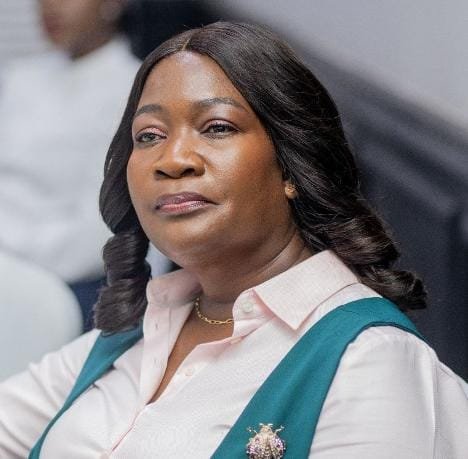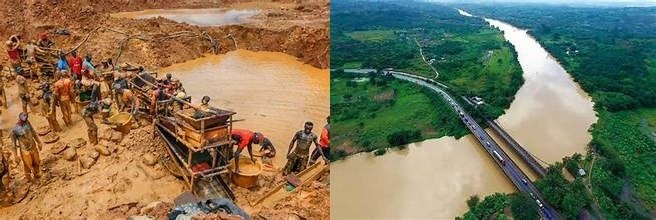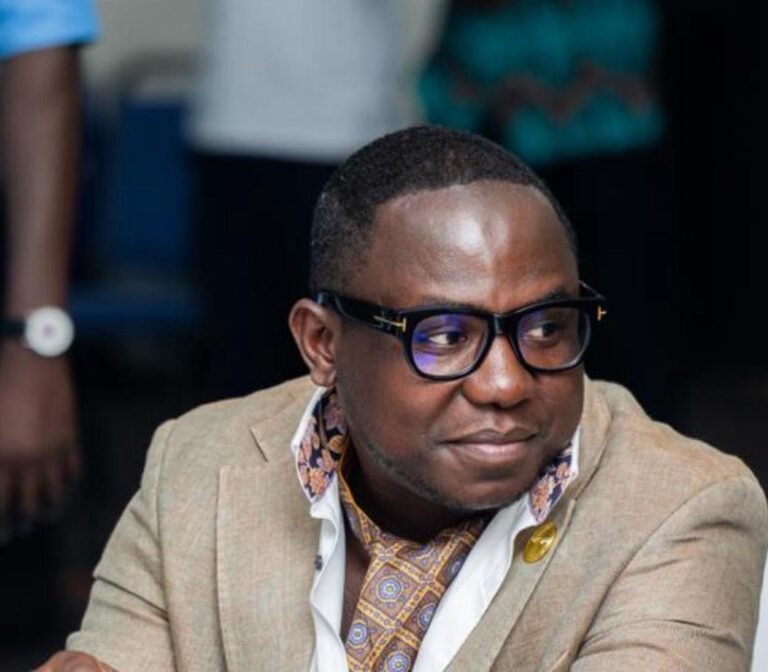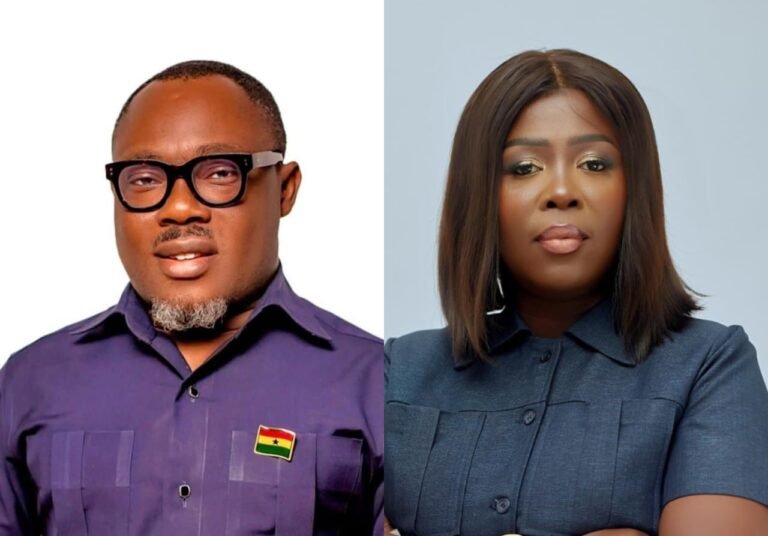
The writer
By Osman Abubakari-Sadiq
This past weekend, the world marked the International Day to End Impunity for Crimes against Journalists—a day dedicated to amplifying the voices against attacks on journalists, standing in solidarity, and calling for justice for those who have been silenced in the line of duty. While this day may have come and gone, the reality is that impunity still holds a firm grip in Ghana. We are reminded of unresolved cases of brutality against journalists, and it’s disheartening to see this issue continue to fester without meaningful resolution.
Dangerous
In Ghana, journalism is increasingly becoming a ‘dangerous’ profession. There’s a chilling pattern here—journalists face threats, assaults, and, in the case of Ahmed Suale, even death. Yet, the perpetrators walk freely, and accountability remains disturbingly out of reach. Take the brutal murder of Ahmed Suale, a young journalist whose life was cut short for his investigative work with Anas Aremeyaw Anas’ Tiger Eye PI. We have heard statements, promises, and assurances of investigations from authorities, but what do we have to show for it? Not enough. Every year that passes without justice only strengthens the culture of impunity, making it more acceptable for these atrocities to go unpunished.
Similarly, look at the assault on Erastus Asare Donkor and his team while they were merely doing their job: covering illegal mining activities, a crisis in Ghana that affects countless communities and livelihoods. Erastus and his team had cameras, not guns; their goal was to document, not to intimidate. Yet, they faced intimidation, threats, and violence from those who would prefer their actions remain hidden from the public. The Ghana Police Service owes these journalists and the people of Ghana not just an investigation, but accountability. Those who assaulted these journalists are not only obstructing the freedom of the press; they are obstructing democracy itself.
Message
We need to ask ourselves—what message are we sending to journalists in this country? Are we telling them that if they dig too deep, ask too many questions, or reveal the uncomfortable truths, they could face violence or worse without consequence for their attackers? Are we willing to accept a Ghana where truth-seeking is rewarded with brutality? Our journalists are the backbone of accountability in society, the ones who shine a light on corruption, malpractice, and abuse of power. Allowing their attackers to walk freely without consequence sets a dangerous precedent that will only erode our democracy further.
This is a call to the Ghana Police Service and the government: expedite action. No more delays, no more waiting games. Let’s see arrests, prosecutions, and sentences for those responsible for these heinous acts. Ahmed Suale’s killers must not roam freely; Erastus Asare Donkor’s attackers should not feel emboldened to silence others.
This is a moment of truth for Ghana’s justice system. Do we stand with those who seek to reveal truth or those who aim to bury it?Ghana has prided itself on being a beacon of freedom in West Africa, but how free can we claim to be when those who hold power feel emboldened to attack the press without repercussions? It’s time to protect our journalists and to end the cycle of violence, intimidation, and impunity.
The writer is a journalist, press freedom advocate, and a fellow of the Next Generation Investigative Journalism Fellowship at the Media Foundation for West Africa (MFWA).









So what is the way forward? I mean if the Press is being oppressed by the higher forces whose responsibility it is then to protect journalists?